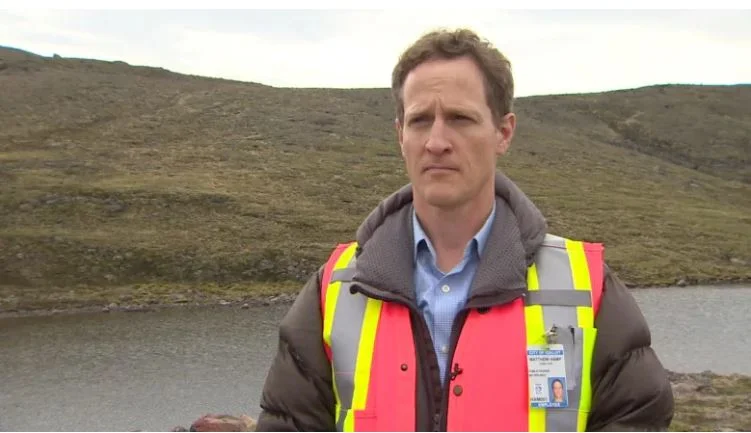Nearly a year ago, flood waters inundated swaths of south-western British Columbia. Mudslides destroyed sections of highways and swollen, turbid rivers washed away houses and bridges. Now, the region has the opposite problem: months of drought have begun to take a toll on what was once dubbed Canada’s “wet coast”. And as unpredictable weather events become a hallmark of a changing climate, experts warn that the two events are linked – and that a culture of overconsumption and poor resource management threaten to further amplify the effects of the current crisis.
We've had the driest 90-day period ever recorded in Greater Victoria — and for major cities in Canada
In fact, Greater Victoria is so parched it has just set a record for the driest period in its recorded weather history, said Steven Murray, a local weather analyst who chronicles weather patterns at Gonzales Observatory in Victoria. The federal Gonzales station opened in 1914, but data for the area goes back to 1898, when weather patterns were collected at a former station on Cook Street. It is considered one of the longest-running set of measurements on the Pacific coast of North America.
No rain in sight, B.C. moves into highest drought rating
We’ve now pushed into the most severe drought rating for Metro Vancouver and some other parts of B.C.’s parched south coast, with no real relief in sight. Much of the region is now at level five, right at the top of the province’s scale — the Lower Mainland basin, including Squamish, along with the Sunshine Coast and western Vancouver Island. The rest of the Island, the region stretching from the Fraser Valley to areas north of Pemberton, the Kettle Basin east of Kelowna, and the entire northeastern corner of B.C. is just one level below, at level four.
Nunavut declares state of emergency over Iqaluit water shortage
The Nunavut government has declared a two-week state of emergency over a water shortage in Iqaluit. Joanna Quassa, the acting minister of community and government services, said Friday that it's meant to ensure the city can get necessary regulatory approvals to immediately begin replenishing its reservoir. "We are committed to working with the City of Iqaluit to ensure water levels will meet the needs of the residents of Iqaluit through the upcoming winter," Quassa said in a statement.
Drought lowers river levels to the point where Manitoba Hydro expects $200M deficit
The extreme drought across the Canadian Prairies over the past year is expected to leave Manitoba Hydro with a deficit in the $200-million range for the current fiscal year. The Crown corporation disclosed low river levels will deprive the utility of about $400 million in export revenue over the coming months. This will leave Manitoba Hydro with a deficit between $190 million and $200 million for the 2021-22 fiscal year, the corporation disclosed after publishing its second-quarter financial report.
Adaptation underway as Morden, Man., area deals with extreme drought
Homeowners, farmers and businesses in and around the southern Manitoba town of Morden are working to adapt to extreme drought conditions brought on by intense heat and a lack of precipitation in recent months. And while it might be an eyebrow-raising sight to see watering still going on at the Minnewasta Golf and Country Club, the club says it's worked up a plan to funnel thousands of litres of town wastewater to the course, allowing it to keep watering tee boxes and greens and not Lake Minnewasta, where drinking water comes from.
Heatwaves and drought conditions devastating for southern Alberta farmers
Southern Alberta farmers say consistently hot weather combined with little rain in the last few months has been devastating for their crops this year. In July 2020, Kim Owen took a photo of his father Richard Owen standing in one of their fields in Wrentham, Alta., with a crop growing above his waist. On Saturday, Kim snapped another photo of his father in the exact same spot but this time the earth was yellow and dried crops barely grazed Richard's ankles.









